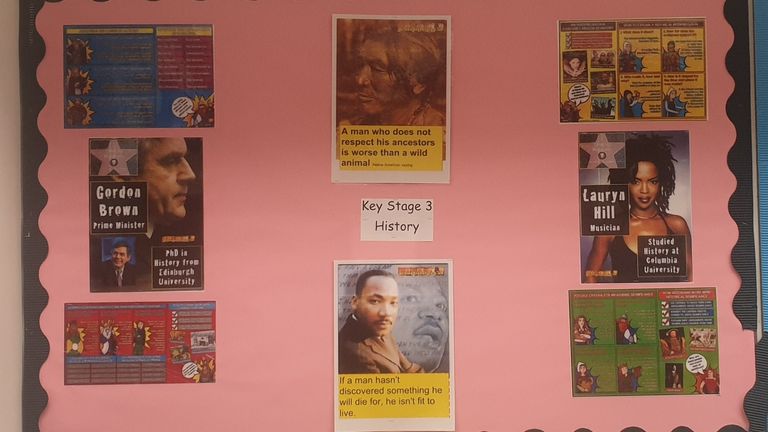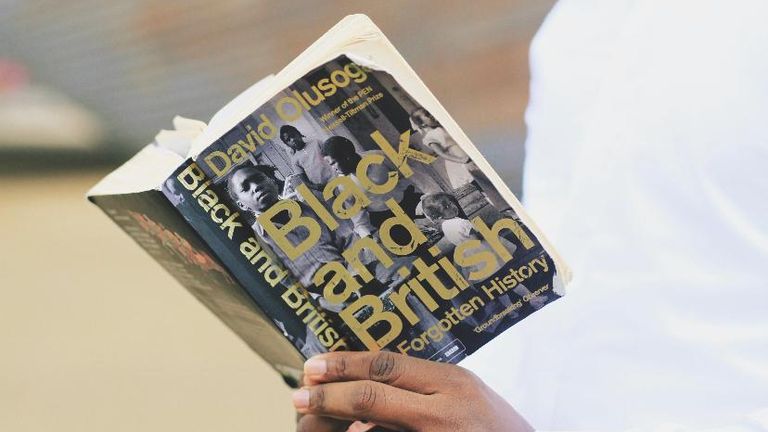Black History Month: How teachers tackle this subject will reveal how far we’ve come
Josh Preye Garry is a secondary school teacher and deputy head of history in southwest London.
He has been given the chance to shake up what 11 to 14-year-olds learn about Britain’s past in school.
Here, he explains that the way teachers tackle Black History Month is an indicator of how far we’ve managed to decolonise the curriculum.
Like my previous school, my current school are very forward thinking in providing me with the platform to decolonise the curriculum and have given me the responsibility of designing the one for Key Stage 3.
This looks at what all students from Years 7 to 9 will be taught.
We are still in the process of redesigning it, but I believe that our Key Stage 3 curriculum will be far more reflective of our demographic within the next two to four years.
We are planning on delivering units on Mansa Musa in the medieval African kingdoms, Islamic civilisations, migration to Britain, African Tudors and much more.
I am proud of the attitude of the two most recent schools that I have worked at in response to this.
But there is still a considerable way to go, and one challenge is the management of Black History Month.
I believe that black history is British history and so should be studied all year round. However, it may take a while before the curriculum fully reflects this.
History is the third-most unpopular subject for members of the African and Caribbean community beyond A-level.
Yet, it remains very popular at community level. I believe that teachers of black history could encourage more people from this demographic to study history beyond A-level.
The further increase in teachers and academics from Afro-Caribbean backgrounds would also aid the decolonisation of the curriculum.
:: Subscribe to the Daily podcast on Apple Podcasts, Google Podcasts, Spotify, Spreaker
Secondly, the teaching of black British history will help to present a more historically accurate picture of the past.
And the teaching of black British history should help in providing students with a greater understanding of Britain’s history of immigration, too.
In this way, diverse communities can truly be celebrated and understood. I believe it would also go on to help us understand other communities such as the history of the white working class.
Finally, the history is so interesting and engaging for students to learn about in the classroom.
There is much to be proud of, but there is still room for improvement.
I believe that a centre of excellence in the training of black British history, similar to the one for the Holocaust, would go such a long way.
Also, more textbooks by leading publishers would help support teachers further in their delivery.
The OCR course in medieval African kingdoms still does not have an official textbook and this has impacted on teachers’ confidence in selecting the unit.
So, what is the state of play? Progressive.
Source: Read Full Article




